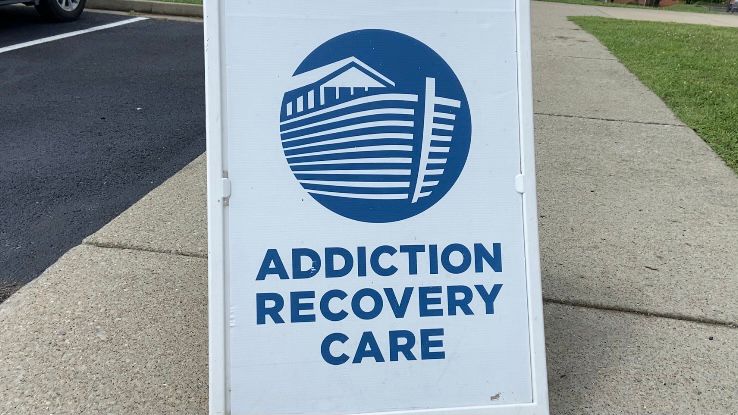There are some New York addiction treatment programs that may not be properly prepared in an emergency to prevent gaps in care, according to an audit released Thursday by state Comptroller Tom DiNapoli.
The audit, covering a period between 2019 and 2022, found that the state Office of Addiction Services and Supports must improve its guidance for emergency plans for residential or inpatient programs for substance use disorders.
“The COVID-19 pandemic led to significant disruptions in addiction care and services, leaving many vulnerable New Yorkers susceptible to relapse,” DiNapoli said in a statement. “The state’s Office of Addiction Services and Supports should work to improve its oversight over its providers’ programs to ensure gaps in potentially life-saving care do not occur during emergencies and crisis situations.”
According to the audit, in the aftermath of the pandemic, just 14 of the 27 emergency plans reviewed included procedures to address infection control. The audit also said the OASAS did not review providers’ plans after a program’s initial certification, meaning the providers had to update them themselves.
Opioid deaths skyrocketed by 44% in 2020 over the prior year, according to a report released by DiNapoli a year ago, and the number of inpatients decreased 33%. It is believed that fewer people were getting help due to the possibility of catching COVID-19, limited admission of visitors to treatment facilities, court closures and adjusted enrollment to accommodate social distancing.
The audit also said the OASAS has not tried to improve the accuracy of its wait list data for certified substance use disorder programs, leading to an imperfect idea of whether patients in need of care are getting services.
In response to the audit, OASAS said it will direct all providers to incorporate any newly issued guidance and recommendations into their operations and emergency plans but maintained its guidance to providers throughout the pandemic was clear.



